Behavioural
Economics
Session 1
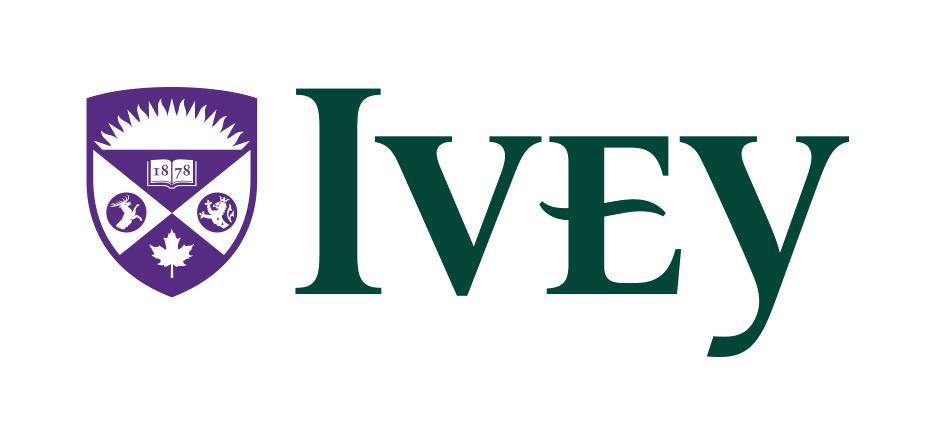

Joshua
Foster

Agenda
- Introduction to the Course.
- Introduction to Behavioural Economics.
- Case: Behavioural Insights Team (A).
About Me
Joshua Foster, Ph.D.
- Feel free to call me Josh.
- I do research on Psychology and Economics.
- Specialize in firm competition.
I am always happy to help!
- Email me at jfoster@ivey.ca.
- Office Hours are Thursdays, 3:00-4:30 PM.
- Also available by appointment.


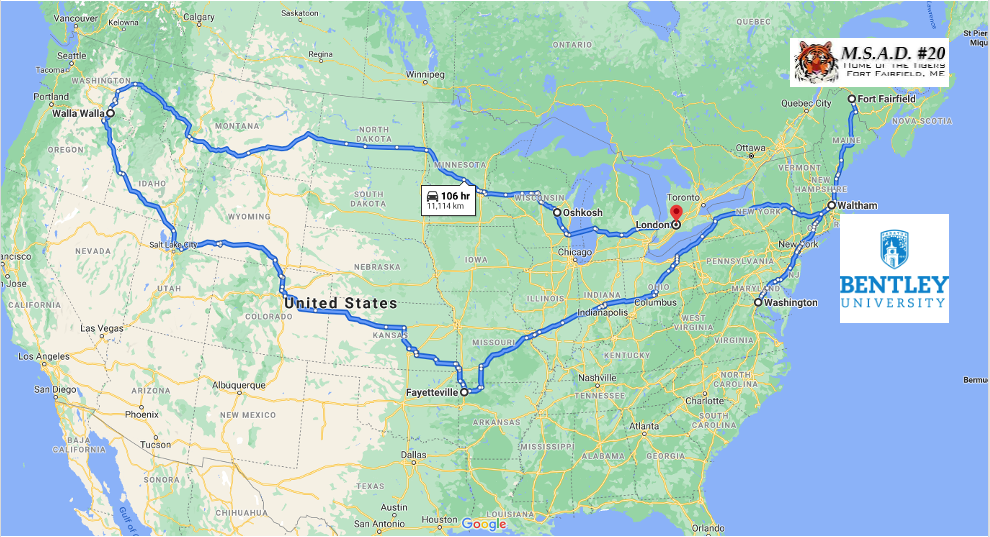
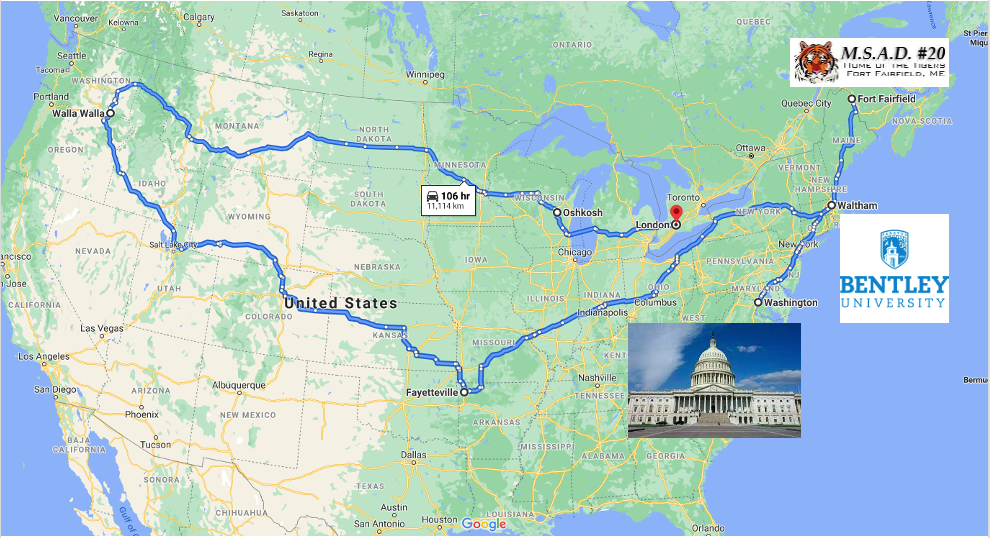
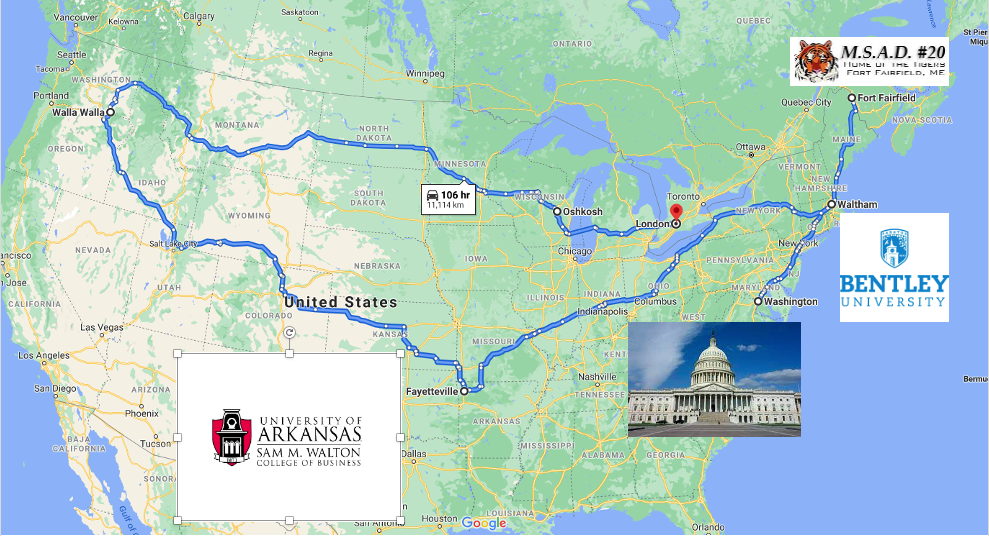
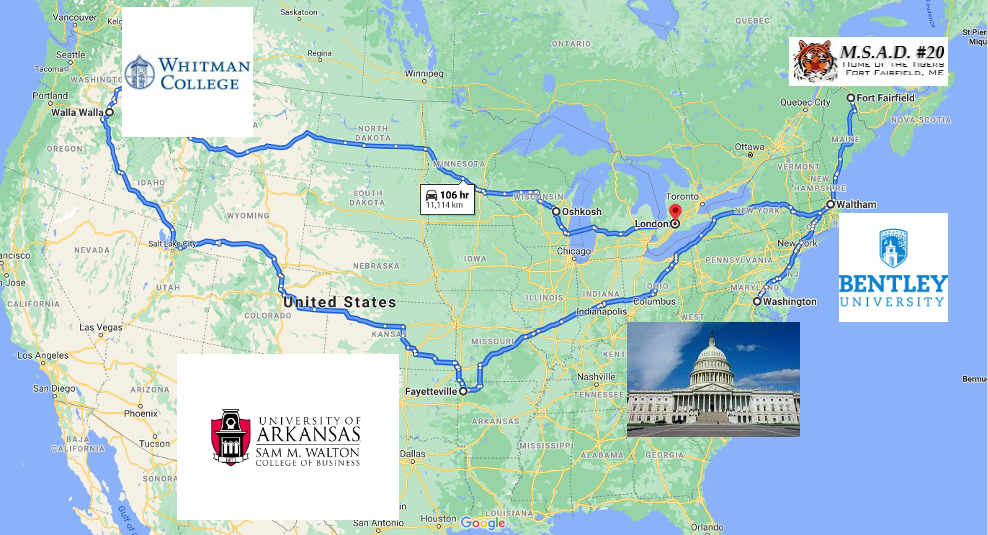
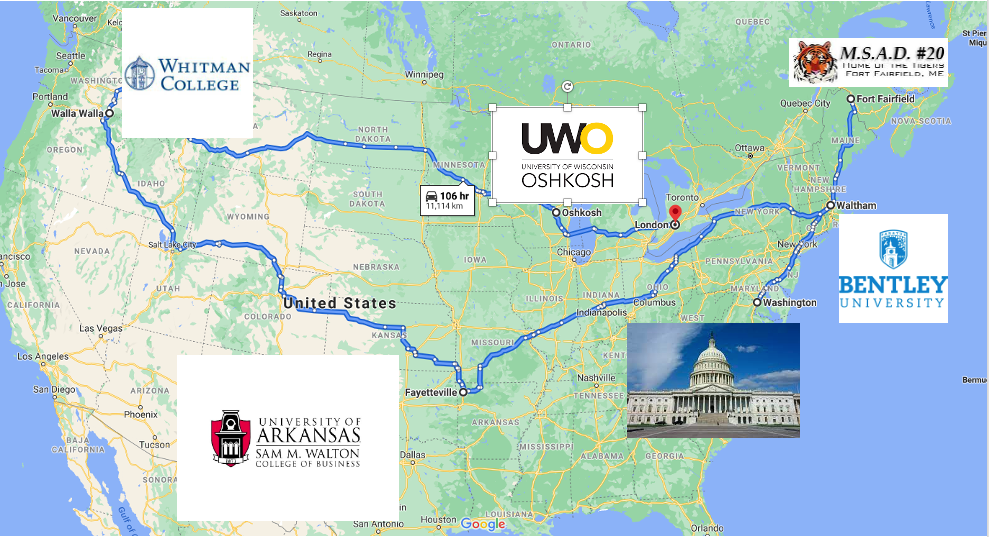
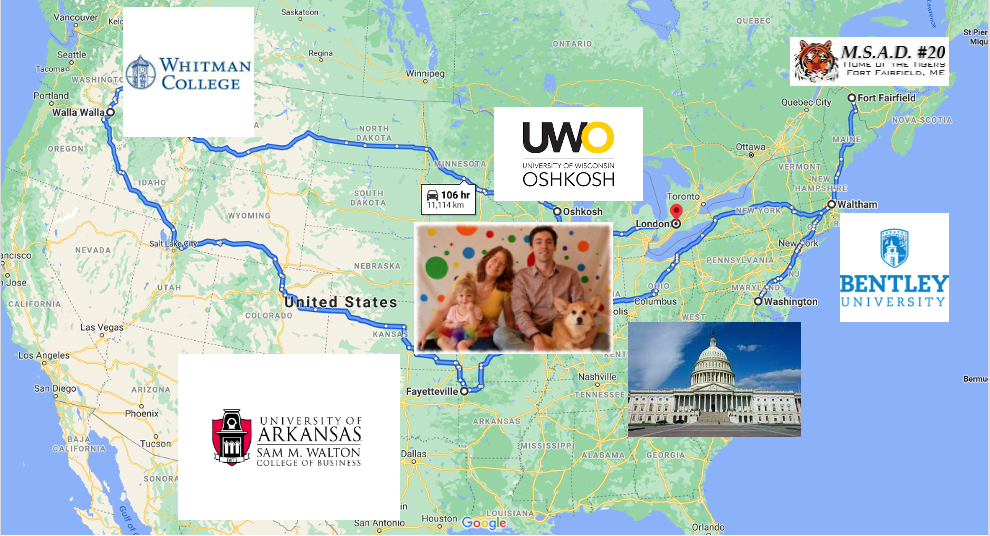
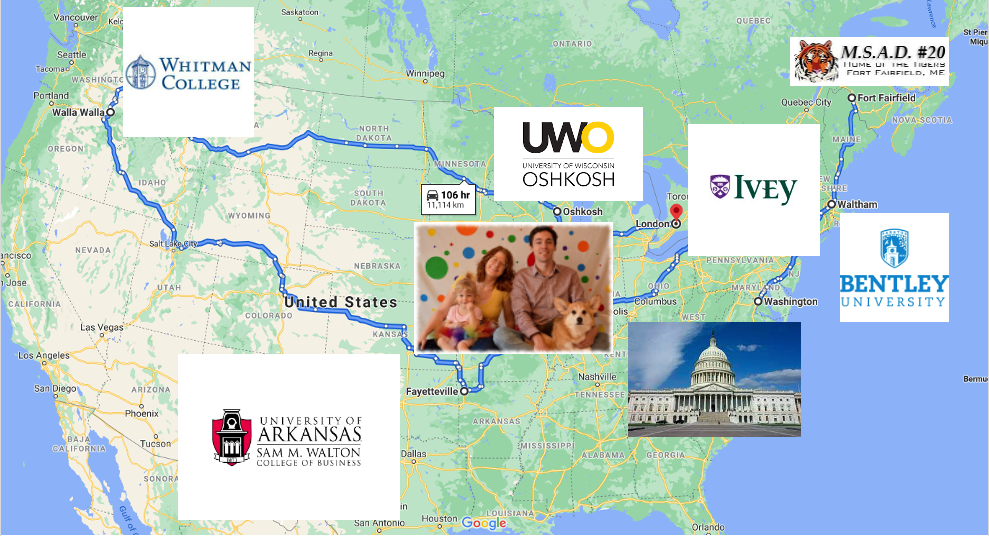
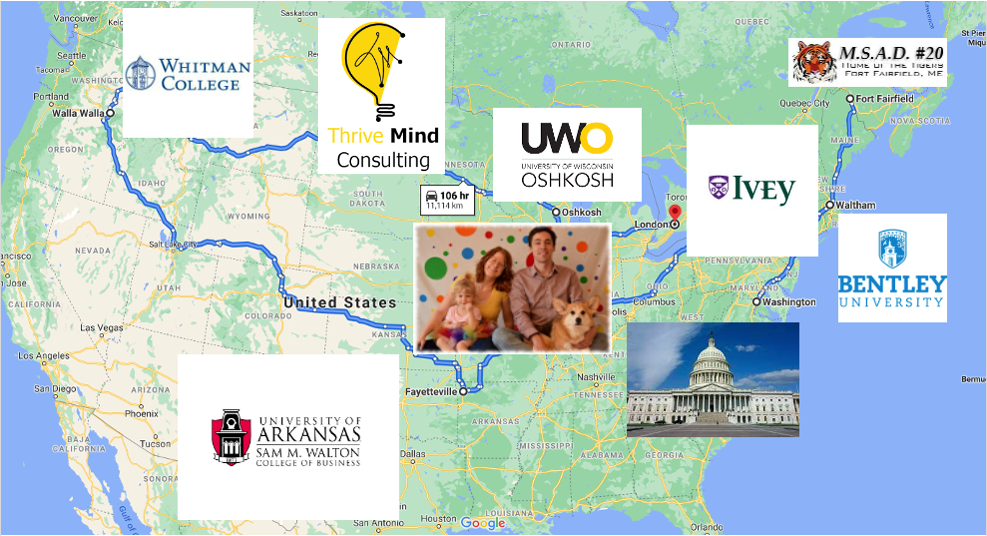

Course Objectives
- Find opportunities to include behavioural economic decision making at each decision node within an organization.
- Develop an essential library of biases.
- Practice environmental design problems.
Course Themes
- Psychology in markets.
- Subjective evaluations of various tradeoffs.
- Detriments of biases in judgment.
- Much, much more.
- Consideration given to business, consumers, non-profits, public policy.
Course Implementation
Evaluations & Assessments
|
Class contribution |
30% |
|
Midterm examination (October 22 from 2:00PM-5:00PM) |
35% |
|
Group project (December 2 or December 4) |
35% |
|
|
100% |
Questions?
Case: An exercise in choice architecture.
Let's jump right into it.
- We'll break out into small groups.
- Take 10 minutes to design your own tax letter in Miro.
- When times up, we'll share as a class.
| Group 1 | Armaan Sandhu |
Peyton Kou |
Newt Chen |
Liam Geddes |
Mathis Zanzucchi |
Madie Erauw |
| Group 2 | Andrew Feng |
Jack McDonnell |
Emma Jewell |
Andrew Yang |
Junsoo Pak |
Ricky Chiu |
| Group 3 | Nienke Toonen |
Cheuk Yee Chen |
Aya Aherdan |
Johann Abraham |
MK Dao |
Miriam Youssef |
| Group 4 | Sadiyah Sajjad |
Kyle Kim |
Ryan Mitchener |
Laura Amelie Cordeddu |
Caitlin Trinh |
Gabriel Sinha |
| Group 5 | Emily Tao |
Aidan Zia |
Peter Guo |
Grace Cousineau |
Jackie Yuan |
Jessica Luo |
| Group 6 | Cole Smith |
Uttej Mannava |
Nathan Mark |
Oren Joffe |
Andrew Korne |
Michael Wei |
| Group 7 | Carrie Malkin |
Mallery Fischer |
Elaine Lin |
Otis Ding |
Ben Goring |
Sarah Smith |
| Group 8 | Abhi Ravipati |
Amelie Pirotte |
Rongrui Mao |
Tessa Fois |
Clemence Valet |
Elliott Wardle |
| Group 1 | Hooman Mohammadi | Adam Ramkissoon | Alessandro Panetta | Fiona Fan | Carol Xu | Oliver He |
| Group 2 | Evan Scrivener | Kieran Amoroso | Jackson Su | Sarinah Goolam | Francesco Rende | Sudipta Sarkar |
| Group 3 | Ethan Gilhula | Zi Li | Harvey Zhu | Braeden Stewart | Jasmine Gu | Florence Rouvez |
| Group 4 | Sarah Shao | Sanaa El Fatihi | Gabe Evans | Michael Thien | Jackey Lai | Cole Purdell-Lewis |
| Group 5 | Joseph Spadafina | Emmett Koles | Keegan Smith | Hanisha Dhoofar | Andy Hwang | Isabella Valdez |
| Group 6 | Nicholas Giangregorio | Connie Xu | Travis MacKay | Joanne Shao | Xin Zeng | Maurice Ma |
| Group 7 | Hannah Jeon | Laith Amad | Stefano Ruggieri | Jack Hogan | Vanessa Chen | Ryan Pin Harry |
| Group 8 | Steven Grano | Simon Hungate | Andrew Ko | Yusuf Nissar | Emma Bradacs |
Small Group Task
Take the next ten minutes and construct your own version of the tax letter with the members of your group.
Summary of Ideas
Who here thinks the letter should:
- Focus on social norms?
- On threat of repossession?
- On something else?
- How should we decide?
Experimentation
Randomization:
Random assignment of subjects ensures that there are no inherent differences between the groups answering the different questions. The differences in behaviour can be attributed solely to the different questions.
Experimental Manipulation:
To learn what difference something makes in people's behaviour, we vary that one thing between subjects.
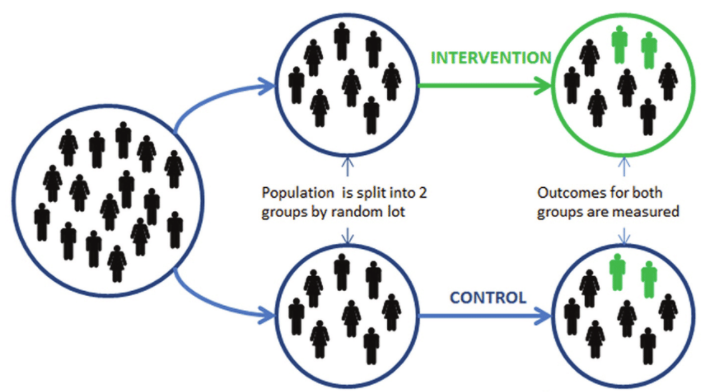
Results.
Social norms helped. There was 5% increase in the likelihood delinquent taxpayers submitted a payment in the weeks following their letter -- the difference of millions of pounds in revenue each year.
Key takeaways.
- Choice architecture is an important component of many decision-making environments.
- Small and seemingly irrelevant features can improve business and social outcomes.
- Behavioural economics is uniquely suited to exploring the psychology of tradeoffs and identifying optimal environmental designs.